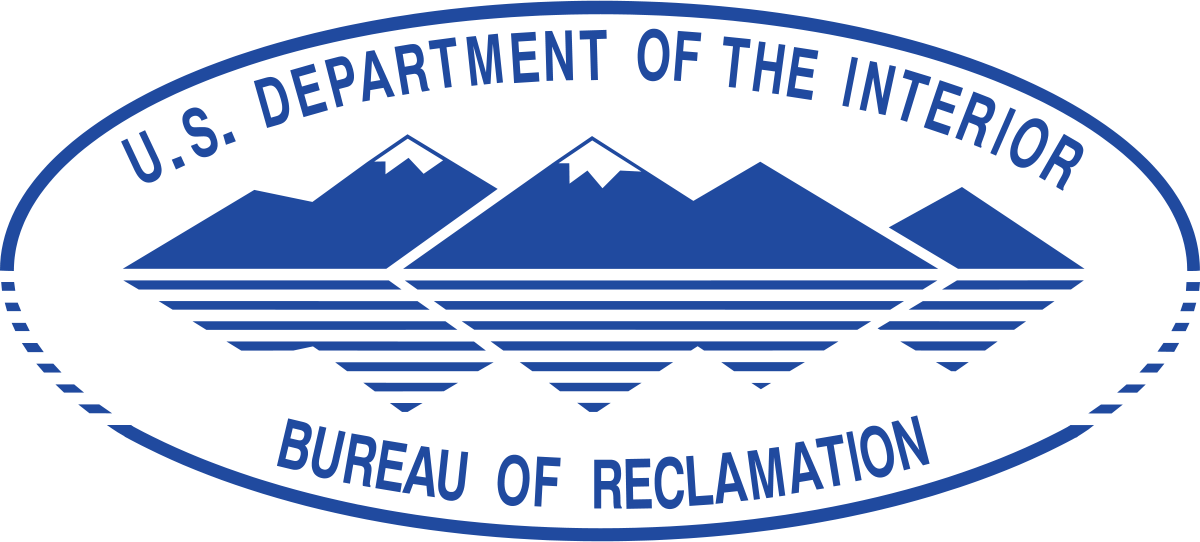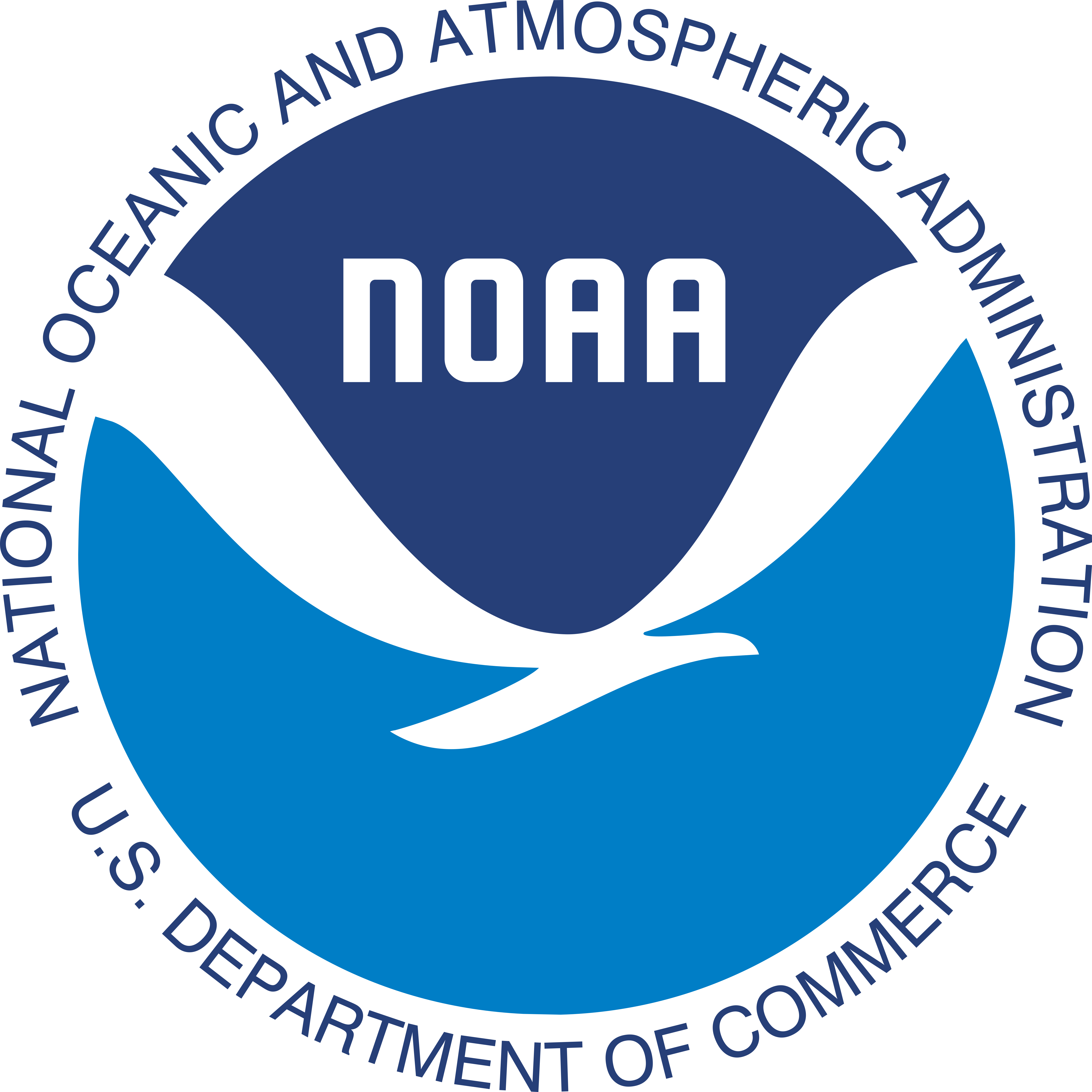Downscaling and Model Uncertainty
Process-based evaluation of temperature and precipitation projections and downscaling methods over the Conterminous United States (CONUS)
This project aims to provide a detailed understanding of how global climate projections and downscaling techniques can explicitly address the challenges of nonstationarity, and be used to develop robust estimates of future changes in the distributions of temperature and precipitation at the scales of local civil infrastructure.
our expertise
Nonstationarity
We use geostatistical analysis and process-based investigations over the CONUS to determine when and where statistical patterns in the historical record are no longer relevant for our current climate and if those patterns are more or less likely to become irrelevant in the future.
Model Uncertainty
We compare different Earth System Models with each other and with historical observations to highlight the dominant sources of uncertainty that have governed and will determine CONUS hydroclimate patterns.
Dynamical and Statistical Downscaling
We have decades of expertise running statistical and dynamical downscaling algorithms with LOCA and WRF, respectively, to capture the complete set of processes that have influenced CONUS hydroclimate and the processes that are likely to change in the future and influence CONUS hydroclimate in unprecedented ways.
Climate Model Evaluation
We contribute to the recommendations of the Climate Model Weighting working group for the 5th National Climate Assessment and help establish the metrics by which to evaluate the skill of dozens of CMIP6 models in reproducing observed CONUS hydroclimate and the value of those models for projecting future hydroclimate states.
Informing Infrastructure and Operations Planning
We work with partners in SERDP, ESTCP, and the U.S. Army Corps of Engineers Climate Preparedness and Resiliency Program to highlight when and where CMIP6 downscaled projections should be translated into near-term plans for infrastructure and operations nationwide.











